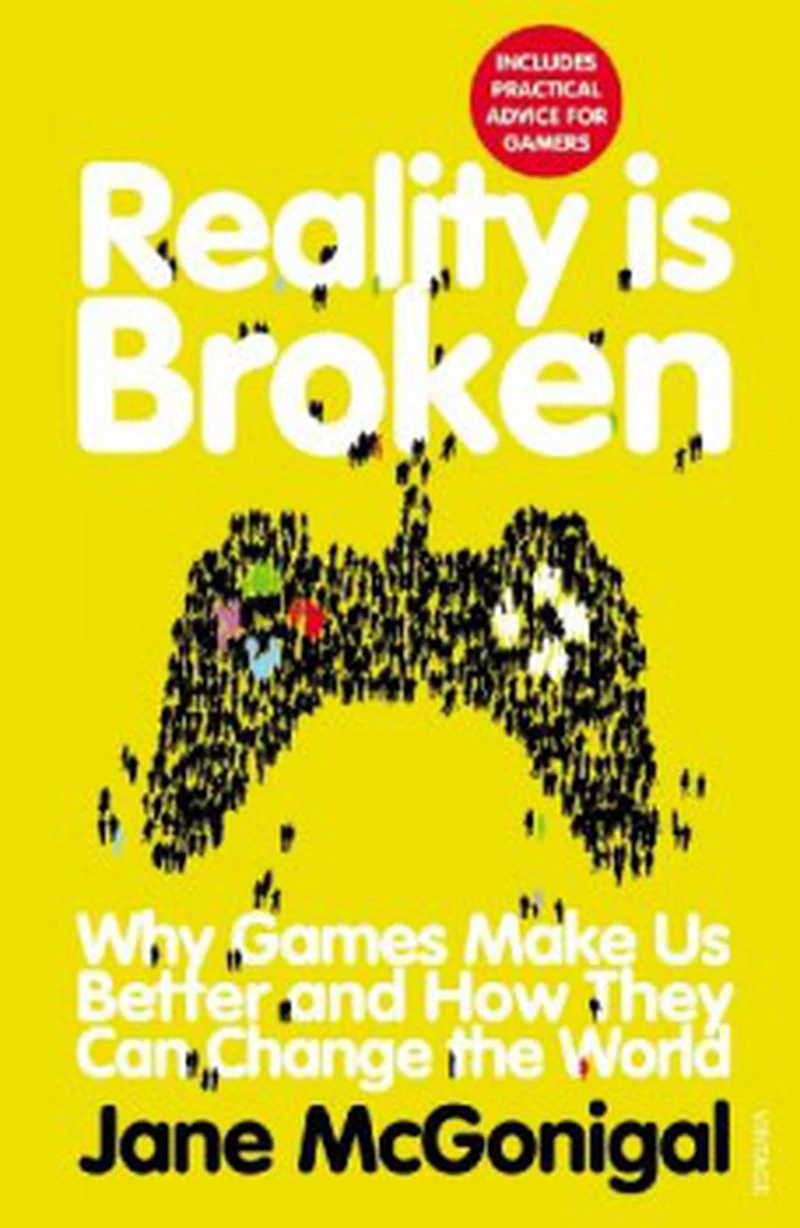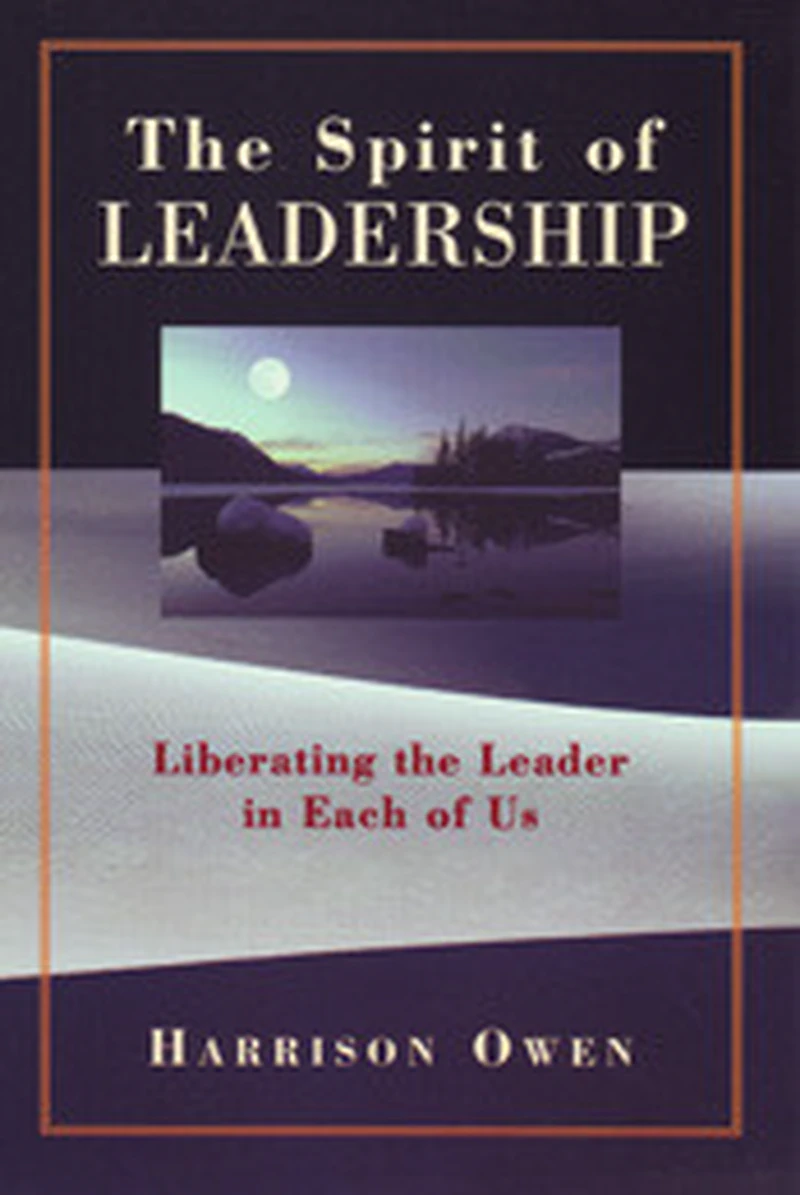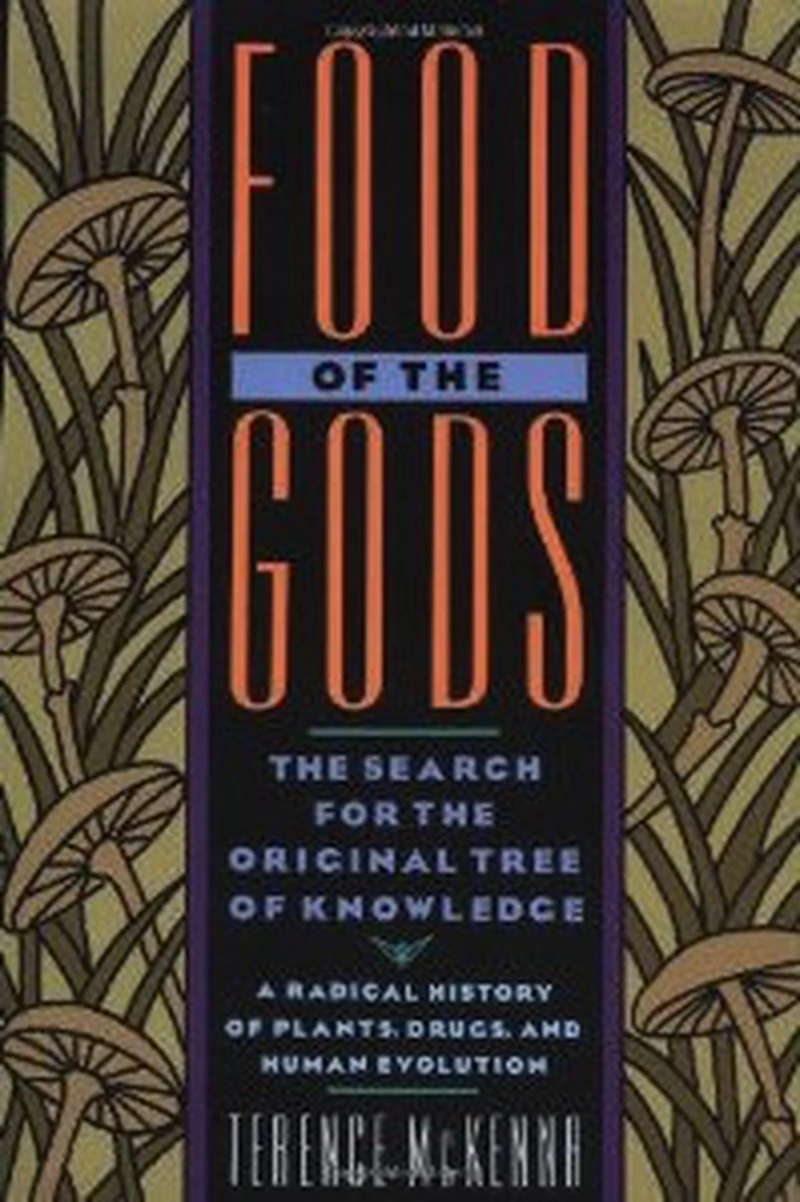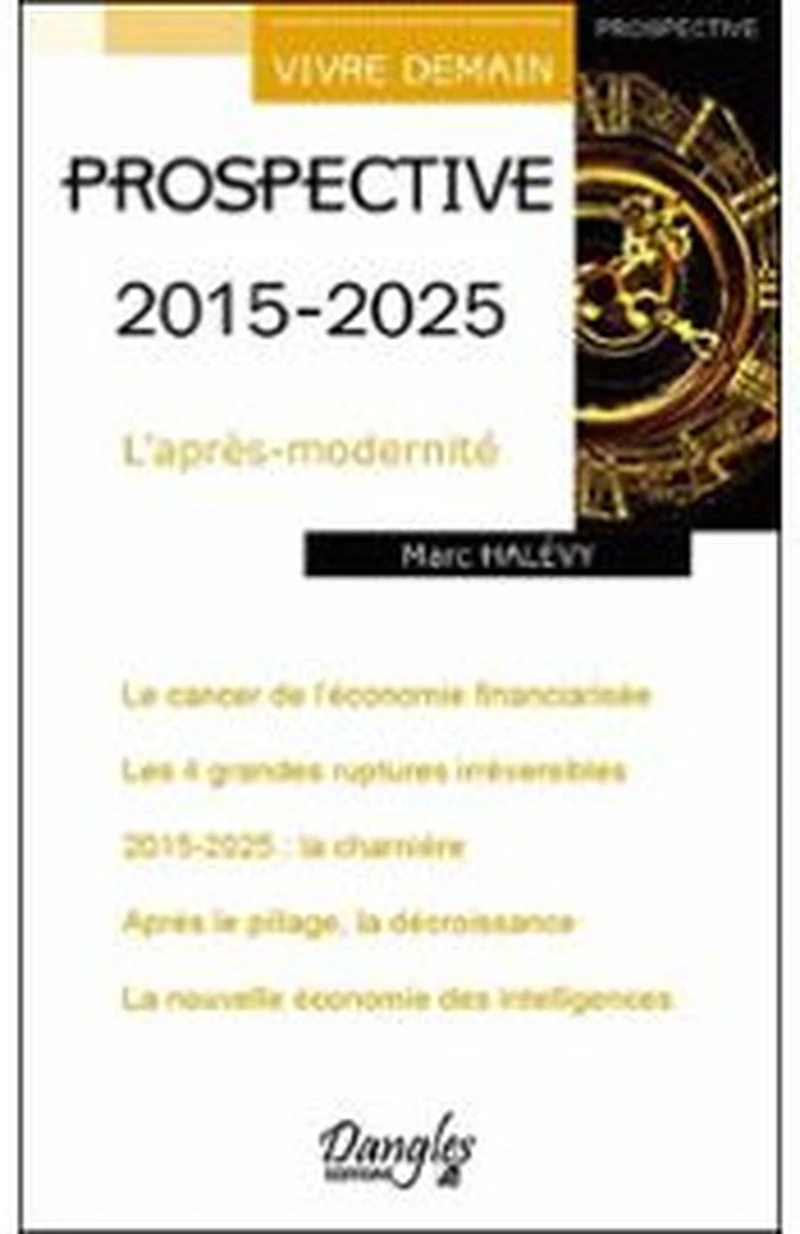Here is a small collection of readings (4 books) that I was able to complete during autumn & winter 2013/2014 (I love this little catalog aspect reminiscent of 3 suisses that people my age will recognize). By the way, you’ll find at the end of the article a recap of all my “readings” links.
Reality is broken, Jane McGonigal, 2011

The keystone – it seems to me – of Dan Mezick’s inspirations, this is therefore a book I hastened to buy. To the question: who spends an insane amount of time (~20/30h) per week paying to fail? Who spends an insane amount of time (~20/30h) per week engaging with a level of commitment rarely achieved in business, all while paying? Who maintains precise, up-to-date documentation to skill up their 25 million fellow gamers? The answer is always the same: players (especially video game players). Engagement, level of commitment, etc., the “good” world is on the other side of the screen (it’s the new Alice through the looking glass). By taking an interest in it, we’ll learn how to improve our world. Jane McGonigal’s central idea is to relearn our world by drawing inspiration from the virtual worlds of video games. And it’s frankly exciting. All the reason and importance of gamification bursts forth and becomes explicit throughout these pages. If sometimes it’s a bit long (but that’s because you sense that Jane McGonigal is herself deeply immersed in games) it’s very instructive.
You should read this book if you want to change your reading axis, your thinking, and if you have a child who invests themselves completely in video games, with a (very) high level of commitment, and whose school report says: “mathieu is talented but he doesn’t invest himself enough.”
The spirit of leadership, Harrison Owen, 1999

Harrison Owen’s simple stories and unpretentious words are disarming. But isn’t that the very definition of a virtuoso - to make it seem simple? Full of healthy and inspiring ideas. I found in it a little story that I enjoyed telling (having heard it at a conference): a university rector lets the construction work on the new university proceed. Everything is done but there’s still the task of laying out the paths connecting the different buildings, suddenly the rector mysteriously suspends the work until the following year. The university opens without these paths, but as the year ends the paths have been naturally traced, in the most optimal way, in complete harmony with the students’ expectations, by themselves, but not at all as initially imagined, thus avoiding numerous problems. Isn’t this the best introduction to a successful agile adoption? Let people trace the paths themselves within your company?
On management, leadership, change management: a sensitive, essential approach. You should read this book if you want to approach management as a true human relationship, which it must be.
Food of the gods, Terence McKenna, 1993

After reading “Reality is Broken” (see above), I got back to the PS3, to see, I finished Last of us, and I’m going to start Dragon Crown… Am I going to try hallucinogenic mushrooms following the reading of “Food of the gods” by Terence McKenna? Certainly.
This book is available in pdf here: Food of the gods.
This book is the history of drugs. The oldest ones, those that founded our civilization: hallucinogenic mushrooms (otherwise how to explain the so sudden development of the brain? the considerable advantage of effects like visual acuity, heightened perceptions, or even the arrival of language with the logorrhea of these intoxicants…), and the most harmful, the most recent: alcohol, coffee, etc.
Currently many are wondering: did we lose our way? How can we find the initial route, that of mother nature? Terence McKenna proposes a very modern, very alternative and fascinating reading of human history through the prism of drugs. Drugs are at the heart of the book, but don’t perceive the harmful drug of the modern era, perceive the drug that opens Jim Morrison’s doors, those of Shamans, those that have accompanied humanity for millennia. Through this symbol a (new) culture (re)-emerges.
You should read this book if you also think that we’ve lost our way. And the next one to formalize this great coming change if we recover along the way.
Prospective 2015-2025, Marc Halévy, 2013

Marc Halévy’s books are packed with ideas, this one is no exception. I would warmly recommend it to you if it weren’t for a but… Many ideas or positions are good, but the style disturbs with its deliberately light aspect (some people made me the same criticism about horde agile, that said…). Some assertions lack subtlety: we throw everything out, baby and bathwater, we accuse everyone, everyone is wrong, it becomes too much. In short, Marc Halévy tells us that the world is complex but his proposals, solutions and demonstrations are not, it’s a shame.
There are sometimes political positions indefensible in my eyes (or that demonstrate ignorance of certain yet essential subjects (let’s say in any case that some positions are completely contrary to some of my principles)).
Finally, as soon as we dive into related readings we perceive the inspirations and readings of Marc Halévy, but he himself doesn’t cite them enough. It’s a shame, it lacks transparency, he would have nothing to lose, quite the contrary.
To conclude, a book packed with very interesting ideas, which unfortunately the form and certain awkwardness in my eyes come to tarnish. The subject of the book is about the end of our era and entry into a new age, essential for the survival of our species. The crisis? long live the crisis, it’s the beginning of the bifurcation.
Readings, links since 2010
- Readings autumn/winter 2014
- Reading notes 2013: entre le cristal & la fumée (Henri Atlan)
- Readings autumn 2013
- Readings autumn/winter 2013
- Readings spring/summer 2012
- L’empire des coachs (Gori & LeCoz)
- A few books to read to do agile (2011)
- Reading notes 2010: Karmic Management
- Reading notes 2010: Scrum (by Claude Aubry)